
Attractive offers from tech giants have turned engineers, researchers and MLOps experts into the most expensive group of workers in the world .
As artificial intelligence becomes a "strategic weapon" shaping the future of global technology, large technology corporations such as Google, Microsoft, Meta, OpenAI or xAI no longer compete only on products. A secret, fierce and costly war is taking place behind the scenes: the war for AI talent.
In a context of scarce high-quality resources, each experienced AI expert becomes a "golden ticket" for companies to gain an advantage in the global race.
Thirst for high-quality AI human resources
Although AI is developing at a rapid pace, the number of experts qualified to lead large-scale projects is still very limited. Engineers and researchers with deep experience in machine learning, large language model development, and general AI are always on the hunt list of the "big guys".
According to research, technology corporations are willing to spend "huge" money to own top experts. Meta once offered a compensation package of up to hundreds of millions of USD, Microsoft actively recruited personnel from DeepMind, and Elon Musk's xAI has attracted dozens of senior experts from Meta.
In addition to huge salaries, corporations also attract candidates with freedom of research, flexible working environments and opportunities to participate in projects with global impact.
To gain an advantage in this fierce race, they simultaneously deploy many strategies: paying salaries far above the industry average, recruiting personnel from competitors, building an open research culture and nurturing a creative environment.
Companies are also investing heavily in training, partnering with universities and expanding their talent search beyond traditional technology hubs like the US and Europe. Academic prestige and brand influence have also become "trump cards" in the battle for talent.
Long-term impact on the future of technology

Huge compensation packages, from signing bonuses to long-term stock options, are offered directly to tech talent.
The AI talent frenzy has pushed up labor costs, leaving many small companies unable to compete. The concentration of resources at a few “big guys” has also reduced diversity in research and innovation.
Issues of corporate culture, information leakage, work pressure and burnout syndrome also begin to appear as companies race relentlessly. This talent war, if left unchecked, could lead to a serious imbalance in the entire AI industry.
Hunting for AI talent is not just a matter of human resources, but part of a strategy to shape the future of global technology. Whoever has the best team will be in charge of leading the development trend of the industry. This means that this war will not cool down, and will even become more fierce as new generation technologies continue to emerge. In that picture, countries and small businesses without their own strategies will easily be left behind.
The AI talent war clearly reflects the heat of the artificial intelligence era. At this point, each outstanding AI engineer or researcher is not just an individual but also the key to unlocking competitive advantages for an entire corporation. This race is reshaping the world's technology power map and may become more intense in the coming years.
Source: https://tuoitre.vn/cuoc-dua-khoc-liet-gianh-nhan-tai-tri-tue-nhan-tao-20251008114350206.htm








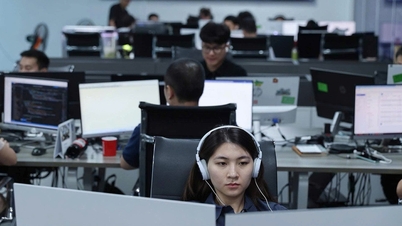
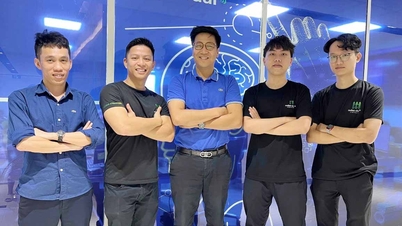











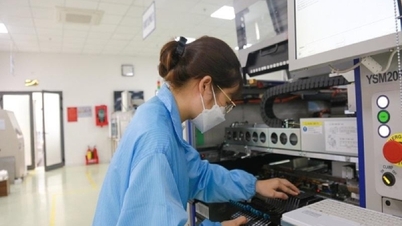
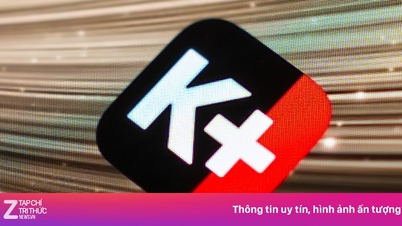

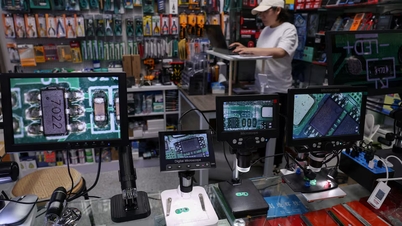







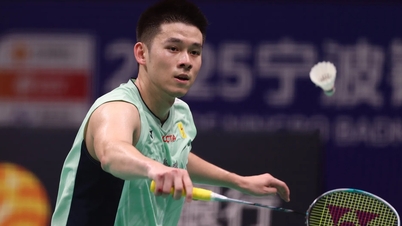

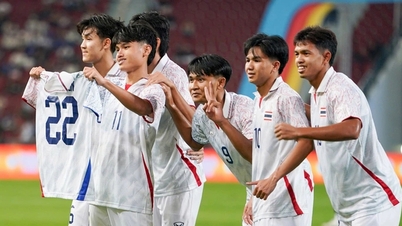

![[Photo] Parade to celebrate the 50th anniversary of Laos' National Day](/_next/image?url=https%3A%2F%2Fvphoto.vietnam.vn%2Fthumb%2F1200x675%2Fvietnam%2Fresource%2FIMAGE%2F2025%2F12%2F02%2F1764691918289_ndo_br_0-jpg.webp&w=3840&q=75)


























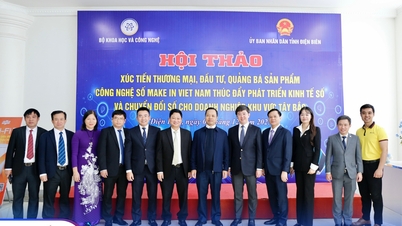









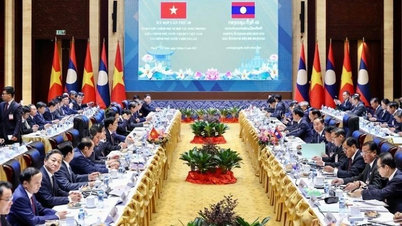




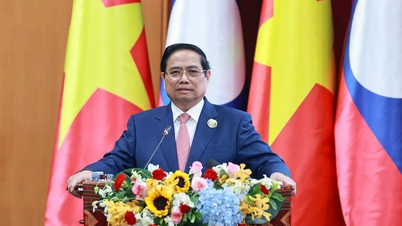




























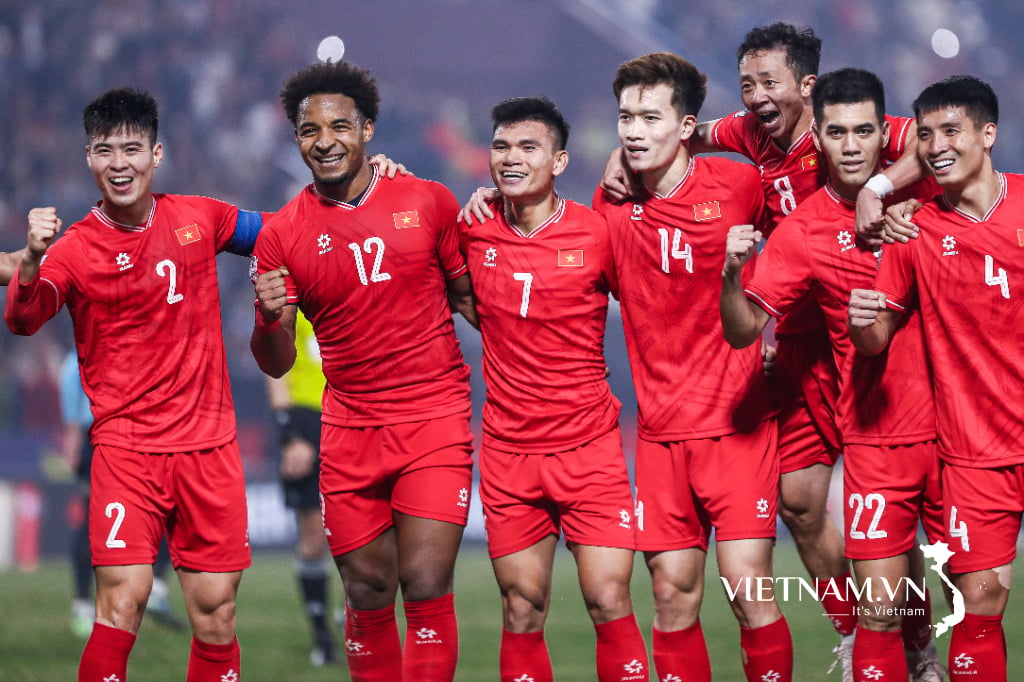



Comment (0)